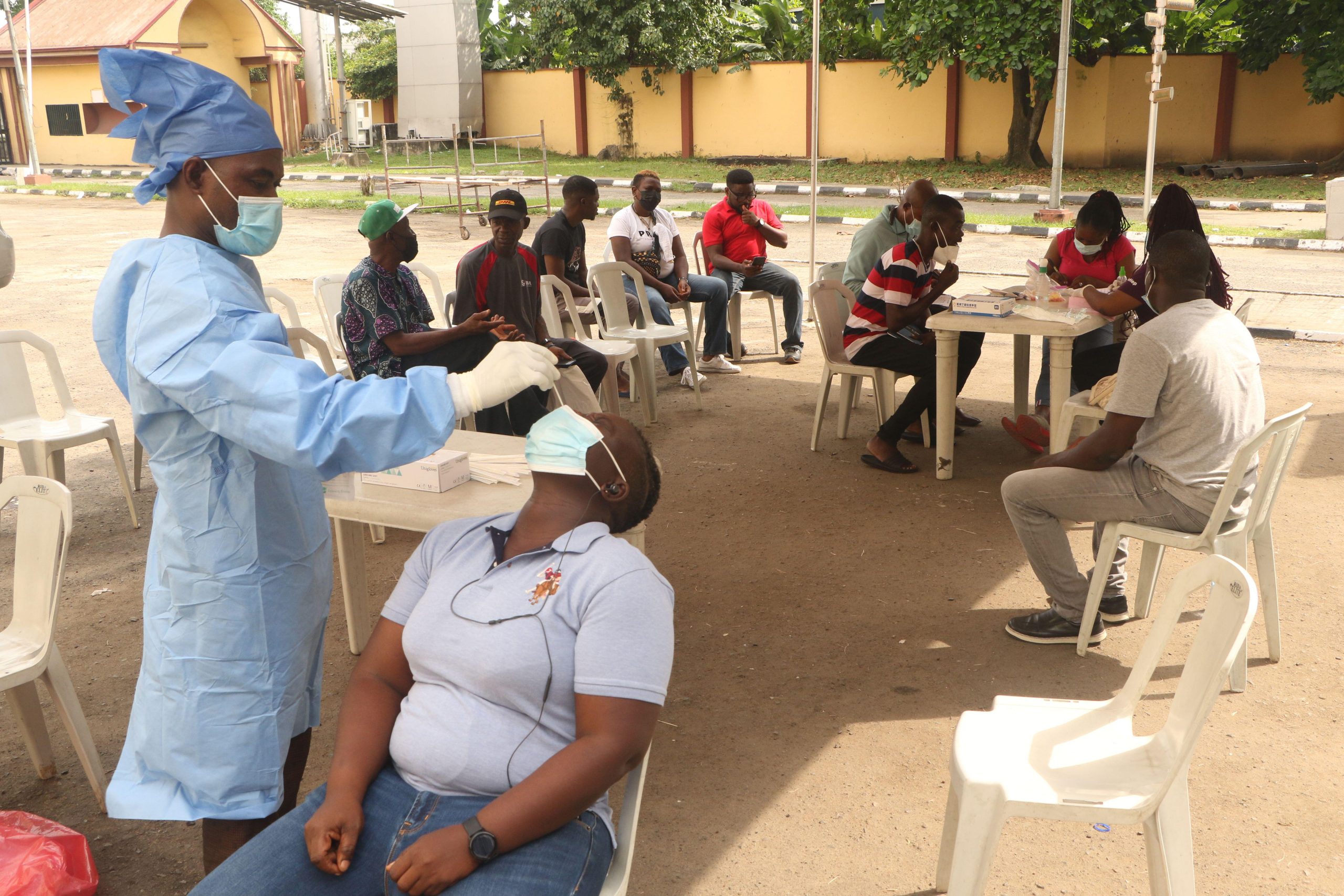From mid-June to early August this year, Sudan has witnessed nationwide protests directly calling for regime change, sparked by an alarming increase in prices. The protests were met with a massive crackdown on civil liberties, and a wave of arrests by National Intelligence and Security Services (NISS), Sudan’s security apparatus. While journalists were not disproportionately impacted by the crackdown, what they have experienced during the past few weeks helps paint a picture of a country on the brink of economic collapse and escalating political turmoil.
Sudan’s economy began collapsing in 2011, after South Sudan declared its independence — which caused Sudan to lose 75 per cent of its largest export: oil. Since then, the Sudanese pound has plummeted, and companies have been forced to shut down, making even food items a luxury.
Since the start of the year, a number of newspapers have been shut down by the NISS, or have been forced to shut down because of the country’s dire economic situation. Since the start of protests in June, pre-printing censorship was brought back by security services, meaning that censors have free reign to edit or pull the newspaper’s content. Since June, Sudan’s economy has been spiralling downwards, and hefty costs brought on by confiscations from security services have led to the sacking of many journalists.
On 11 June 2012, Al-Tayar newspaper was shut down by the government, a move that cost the newspaper about 500,000 SDG (70,000 GBP). The newspaper’s leaders were not given a reason for the closure, and journalists protested asking for answers. Al-Tayar is no stranger to controversy: earlier this year, Al-Tayar was shut down for three weeks, after publishing an article about the family of Sudanese president Omar al-Bashir. The newspaper also received warnings from the government after reporting about conflicts in South Sudan in 2010.
Two other newspapers, Al-Ahdath and The Citizen were forced to shut down because of Sudan’s bleak economic situation.
Ayman Elias, a journalist who worked at the Citizen newspaper said that before the newspaper shut down, they have not been paid since March.
“It is not just our salaries, we found out that our social security has not been paid for months,” he said, adding that journalists depend on social security payments to make ends meet until they find another job, but found out that there is no money at the social security fund.
“Many newspapers are struggling, and they do not pay their employees for months; it is a terrible situation,” said Elias, who has no other income.
Before closing down, The Citizen newspaper doubled its coverprice, in an attempt to make more profit, but to no avail. Other newspapers cut down their pages from 16 to 12 to lower costs, but continue to struggle.
Journalists in Sudan already face financial hardships, with newspapers paying low salaries, as well as being unable to find supplementary jobs. With newspapers closing down, dozens of journalists are now out of work.
“We eat one food item at home, beans, because they are cheap”, said one anonymous journalist, who used to work at a now defunct newspaper.
Last month, 13 journalists working at al-Sudani newspaper were sacked, joining the 200 reported journalists out of work after either being sacked or their newspapers being shut down.
Salah Ammar, a journalist and political commentator told Index that advertising revenue is collapsing, threatening news organisations.
“Many companies are affected by the economic crises and are not putting out adverts, this is really affecting newspapers as a large part of their income comes from adverts,” said Ammar.
Sudan’s declining economic situation, as well as a government-led crackdown only spells out a bleak picture of press freedom in the country. Standing up against this attack on press freedom requires effort, resources and some hope for security, factors that journalists do not have. Even the journalists who are at the heart of fighting for freedoms are too burdened by personal struggles to survive and provide for their families.
The ones willing to be on the front lines risk detention which could impact their family’s livelihoods. Anwar Awad, who lost his job a year ago, is a clear example. “I need to have an expensive operation as a result of the torture I went through during detention; my life is in danger,” said Awad, who had to travel abroad for medical assistance.
Reem Abbas is a Sudanese freelance journalist. She has been published in Inter-Press Service (IPS), IRIN news, the Women International Perspective, (the WIP), Menassat and daily Sudanese newspapers. She tweets at @ReemShawkat





